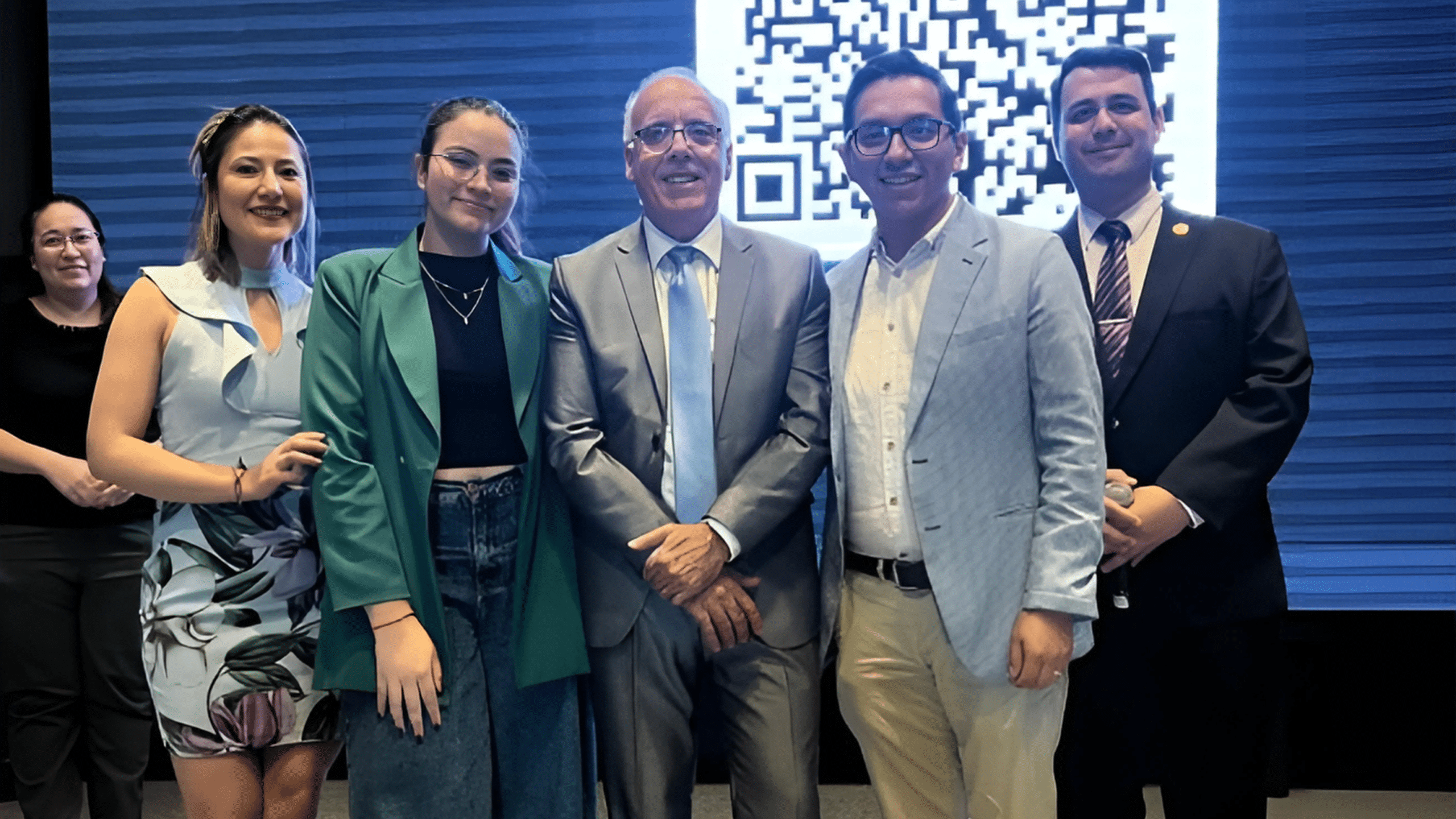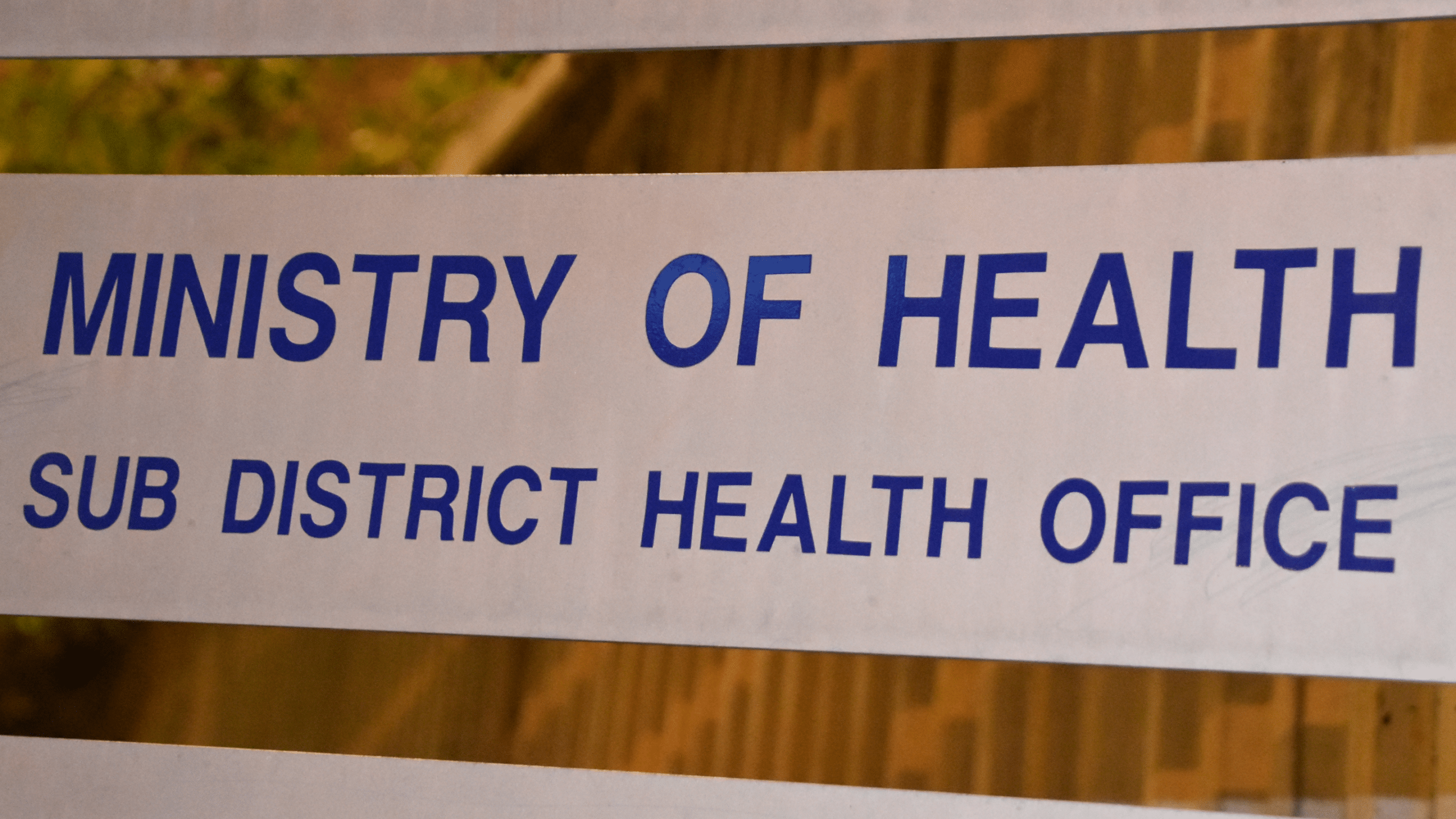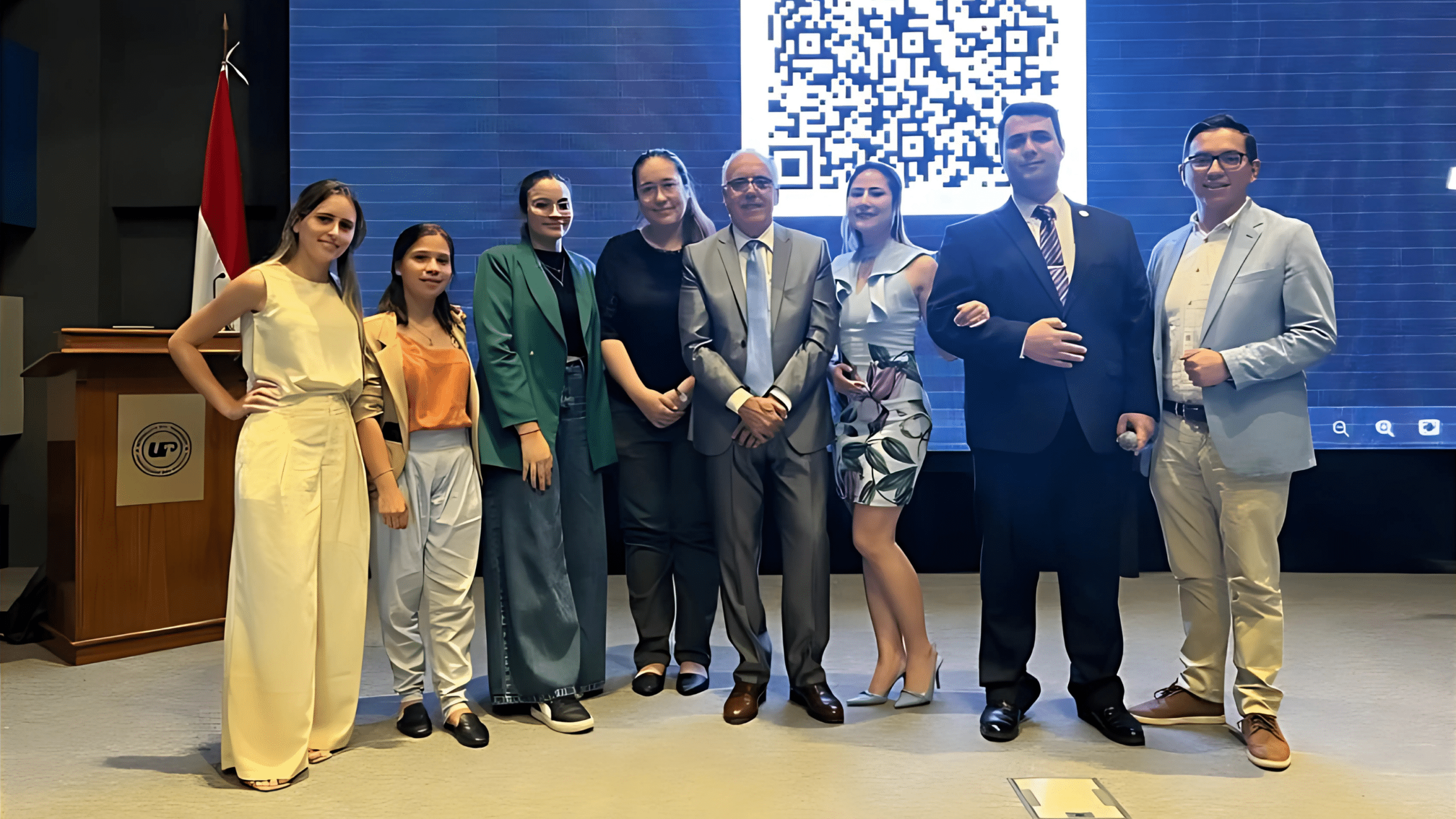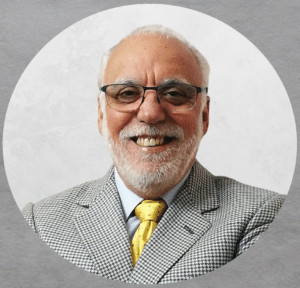Last week, a significant stride was made in Paraguay’s efforts to combat tobacco use. I had the privilege of visiting the country, invited by the Tobacco Program of the Ministry of Health (MoH) with the support of the local Pan American Health Organization (PAHO) office. The visit provided a unique opportunity to address the growing tobacco-related challenges, particularly among Paraguay’s youth, who are increasingly turning to e-cigarettes.

Train the Trainers Course: Building Capacity for Tobacco Cessation
The Train the Trainers course welcomed 36 health professionals from various regions of Paraguay. Most of these participants had no prior training in smoking cessation and treatment, making this initiative particularly valuable. Over the course of three days, participants engaged in an intensive 7-8 hours of daily training, which I had the honor of leading.
The feedback from participants, as well as from the MoH and PAHO, was overwhelmingly positive. The course provided these professionals with the tools and knowledge needed to tackle smoking-related issues at the grassroots level, ensuring a lasting impact on community health.
Multidisciplinary Conference: Sharing Expertise
On Friday, a multidisciplinary conference was held, bringing together around 80 attendees, including health professionals with experience in treating smoking-related issues, particularly pulmonologists. I delivered two presentations during the conference, further contributing to the growing conversation around smoking cessation.
Expanding NextGenU’s Presence and Building Key Partnerships

In addition to the training and conference, I took the opportunity to introduce The Addiction Training for Health Professionals Initiative powered by NextGenU.org and our Tobacco Cessation and Treatment Initiative to key stakeholders. Several important meetings took place during my visit, which I believe will foster long-term collaborations.
Ministry of Health
The Ministry of Health expressed strong interest in our Regional Network, recognizing its potential to significantly impact Paraguay’s public health landscape. Although smoking prevalence remains relatively low, e-cigarette use is growing rapidly, especially among the younger population. The network could play a pivotal role in addressing this emerging trend.

FELSOCEM: Engaging Future Medical Professionals
A significant highlight of my visit was my meeting with FELSOCEM, the Regional Federation of Medical Students. I met with their President, Victoria Benitez, and other colleagues who attended the conference on Friday. FELSOCEM is eager to become part of the Tobacco Cessation Network, and they are also interested in exploring broader collaboration with NextGenU.org.
In October, FELSOCEM will hold its Assembly alongside their Emergency Congress, and I have been invited to present both the Network and NextGenU.org. This will be a crucial opportunity to engage with future medical leaders from across the region.

A Positive Step Forward
In summary, the week in Paraguay was incredibly productive. Not only did we make strides in training health professionals on tobacco cessation, but we also laid the groundwork for future collaborations with key institutions. The opportunities for NextGenU to support health initiatives in Paraguay, particularly in tobacco cessation, are immense.
I look forward to building on the momentum from this week’s efforts and continuing our work to improve public health outcomes in Paraguay and beyond.
Author:

Dr. Eduardo Bianco,
Director: Addiction Training for Health Professionals (ATHP)
Dr. Bianco, a cardiologist and expert on Tobacco Control Policies and Tobacco Cessation Treatment with a Masters in Addiction, directs the ATHP. For over 25 years, he has significantly contributed to the development of Uruguay's and Latin America's tobacco treatment. Dr. Bianco was the Regional Coordinator for the Americas of the Framework Convention Alliance (now, Global Alliance for Tobacco Control), and a PAHO and WHO consultant which underscores his commitment to global addiction training. His regional and global contributions and leadership roles have equipped him to enhance ATHP's mission. Dr. Bianco aims to support developing countries in building capacities for tobacco and alcohol control, expand ATHP's training to address various addictions and reduce global educational disparities through innovative initiatives.
